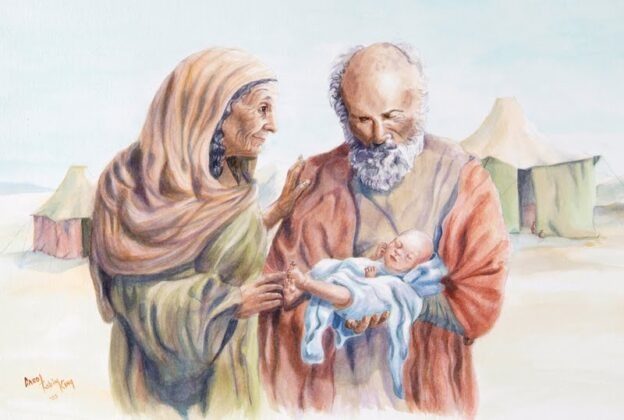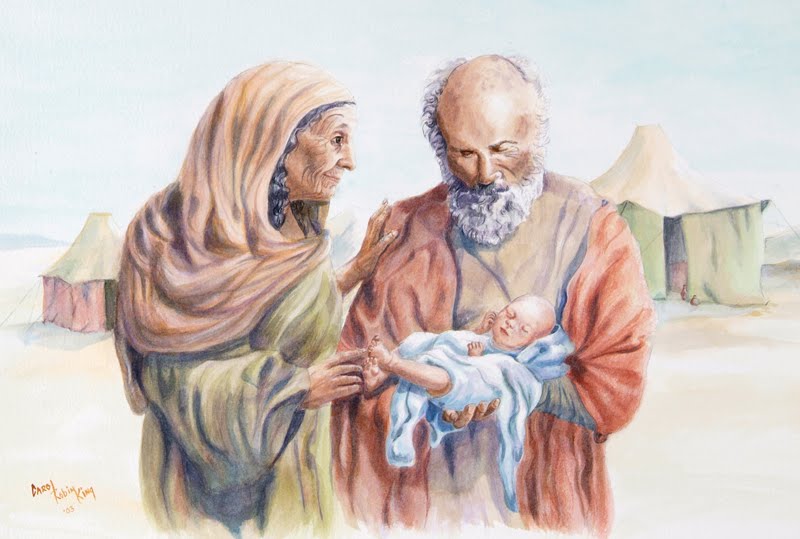God Knows Who You Are by Maxie Dunnam

Psalms is probably the most read book in the Bible. Though not my most read book, I’m with it a lot, and Psalms 8 is one of my favorites.
Two of the best-known verses of Scripture are in this psalm. “O LORD, our Lord, How excellent is Your name in all the earth” (v. 1), “What is man that You are mindful of him” (v. 4).
Praise Comes Before Self-Reflection
Reflect with me. The first verse is where it belongs…at the beginning. While that is a good general practice, it has special meaning in our Christian life. It is only in the context of praising God, certainly only after praising him, that we can rightfully consider who we are. The psalmist wants us to see God’s immense care and concern for us, so he marvels, “What are human beings that you are mindful of them, mortals that you care for them?”
The Vastness of the Universe and the Greatness of God
Today our marveling at the heavens might well be beyond that of the psalmists. We have far more data than was available to them or perceived by their naked eye. We now know that in one second a beam of light travels 186,000 miles, which is seven times greater than the distance around the earth. It takes eight minutes for that beam to go from the sun to the earth. That beam from sun to earth travels almost six trillion miles in a year. Scientists call this a light-year. It boggles the mind. Eight billion light-years from the earth is halfway to the edge of the known universe. There are a hundred billion galaxies, each with a hundred billion stars, on average, within the universe. There are perhaps as many planets as stars within all the galaxies – ten billion trillion!
Remembered by God: Our True Identity
With our heads spinning, we ask with the psalmist, “What is man?” The psalmist doesn’t give us all the answers, but he gives us enough to go on. Why do we have such reservation in accepting it? He says we are made a little less than God, and crowned with glory and honor. No matter who or where you are, that means you. It means this 90-year old man who seeks to communicate the amazing glory of it.
The psalmist is deliberate in his language. What is man that you are mindful of him? The word mindful derives from the verb zakur (remember). Plant that truth deeply in your mind and heart: we are remembered by God. God knows who we are.
Subscribe
Get articles about mission, evangelism, leadership, discipleship and prayer delivered directly to your inbox – for free























